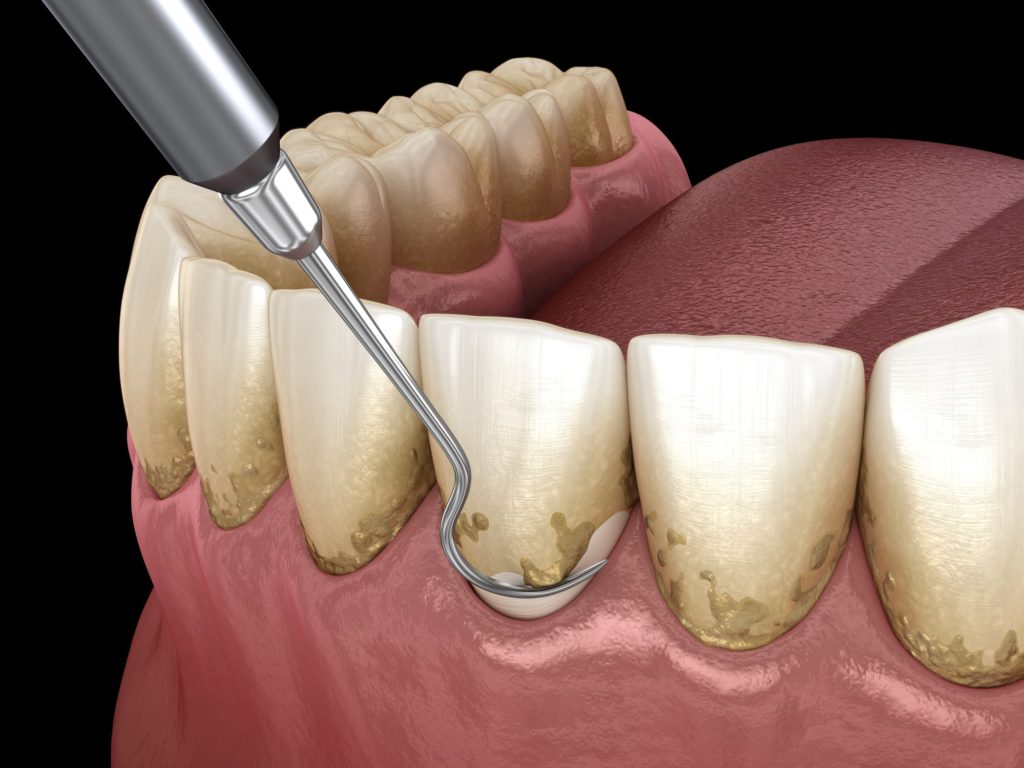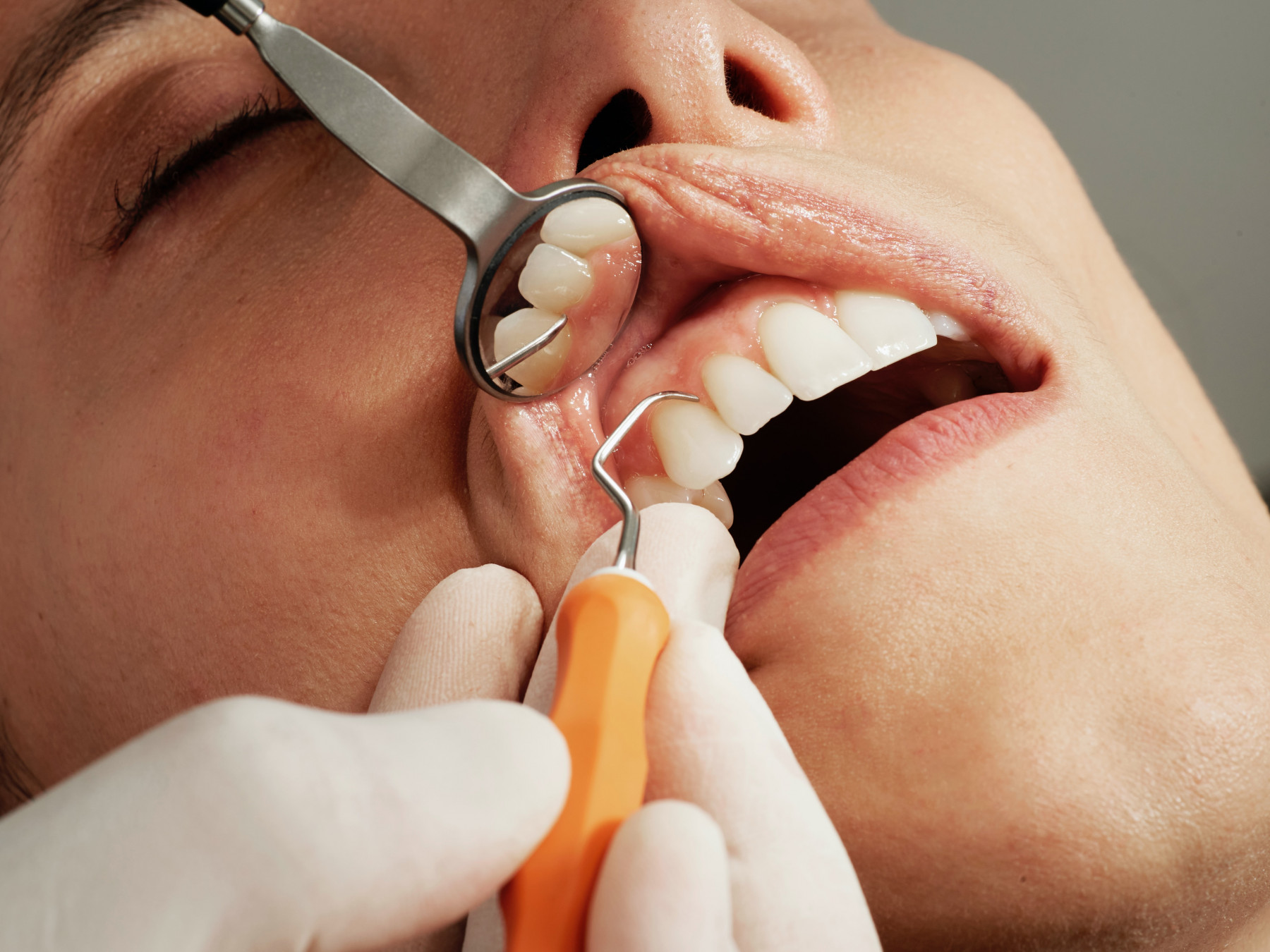How to Learn If You Have Gum Disease?
Do you recently see blood dripping from your teeth while you brush or floss? If you answered yes, you might be experiencing one of the warning signs or cause of swollen gums.
Gingivitis is the most common type. If you have this, it signifies that only your gums are diseased. If you don't treat the infection, it will spread beneath the gum line and potentially into your bones. As a result, periodontitis, a more severe form of gum disease, develops.
Periodontitis and gingivitis higher the risk of heart disease and other conditions. As a result, the best method to cure them is to catch them early.
Read the entire article to learn more about gum disorders and how to manage swollen gums treatment.

What is gum disease?
Gum disease, commonly known as gingivitis, is a bacterial infection that causes irritation of the gums. If they do not receive treatment, they will develop a more severe illness known as periodontitis.
According to the 24 Hour Dentist Near Me, both gum diseases are essential causes of dental irregularities.
What causes swollen gums or gum disease?
As we can see, the gums are linked to the teeth at a lower place than the gum borders. It is the creation of a sulcus, a tiny space. Plaque and food particles become trapped in the region, causing gingivitis and gum diseases.
Plaque is a thin film of microorganisms on the teeth. It usually occurs on the surface of the teeth. As the plaque progresses, it grows more robust, and tartar forms. When plaque enlarges behind your gum line, it might cause a gum infection.
If they are not treated, gingivitis can develop, causing the gums to separate from the teeth. These will result in the following problems:
- If the illness spreads, tooth loss may occur.
- Damage to the soft tissues and bone aid in the stability and loosening of the teeth.
What are the symptoms of gum disease?
The following are some of the symptoms of gum disease:
- Gums that are tender or swollen
- Gums that are bright, puffy, or red
- Gum sensitivity
- When brushing or flossing, there is bleeding.
How to treat gum disease?
If you have gum disease, also known as gingivitis, you should improve your oral hygiene. If you smoke, you must quit and keep your diabetes under control to survive this circumstance. It can be challenging to quit smoking, but a Walk In Dentist near me can assist you.

Other Treatment of gum disease include the following:
- Surgery
- Antibiotic drugs
- Deep cleansing of your teeth
How to prevent gum disease?
You can avoid the development of gum disease by practicing adequate oral hygiene and maintaining it. It could include things like flossing your teeth every day.
- Visiting emergency Dentist Near Me Open Now
- Brushing your teeth with a fluoride toothpaste at least twice a day is now a habit.
- A balanced diet is also necessary to achieve the goal of optimum dental health.
Takeaway!
Hopefully!! The above article has provided you with comprehensive information on gum diseases. If you have any further questions or concerns, please contact our dentist.
Article Source : https://www.bloggingpalace.com/how-to-learn-if-you-have-gum-disease/
Comments
Post a Comment